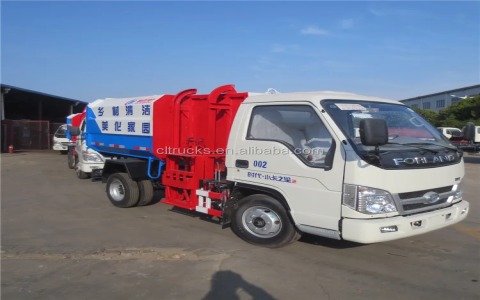Used Side Loader Garbage Trucks for Sale | Find Reliable Deals
If you’re searching for used side loader garbage trucks for sale, you’ve come to the right place. Finding reliable deals on pre-owned waste management vehicles requires careful consideration of specifications, maintenance history, and dealer reputation. As someone with over a decade of experience evaluating commercial trucks, I’ll guide you through the essential factors to consider when purchasing second-hand sideloaders, highlight current market trends, and provide expert insights to help you make an informed decision that balances cost-efficiency with operational reliability.

Key Benefits of Choosing Used Side Loader Garbage Trucks
Purchasing pre-owned sideloader garbage trucks offers several advantages for waste management companies and municipalities operating with budget constraints. The most significant benefit is the substantial cost savings – typically 40-60% compared to new models – while still obtaining vehicles capable of performing daily collection routes effectively. Modern sideloaders maintain their operational efficiency for many years, with many quality used models still having 70-80% of their productive lifespan remaining.
Another advantage is the immediate availability of used equipment. While new truck orders often face manufacturing delays of six months or longer, pre-owned sideloaders can be deployed to your fleet within weeks. This rapid deployment helps address urgent equipment needs without disrupting service schedules. Additionally, many used sideloaders come with well-documented service histories, allowing you to assess their maintenance patterns and make informed purchasing decisions based on actual vehicle condition rather than just age or mileage.
Critical Inspection Points Before Purchase
Hydraulic System Evaluation
The hydraulic system represents the heart of any sideloader garbage truck, powering the loading mechanism, compaction cycle, and dumping functions. During inspection, check for:
- Fluid leaks around cylinders, pumps, and connection points
- Smooth operation of the packing mechanism through full cycles
- Unusual noises during operation that might indicate pump issues
- Condition of hydraulic hoses and fittings for wear or damage
Request maintenance records specifically addressing hydraulic system servicing, including filter changes and fluid replacements. According to data from the National Waste & Recycling Association, hydraulic system failures account for approximately 34% of sideloader downtime, making this system a priority during evaluation.
Body and Chassis Assessment
Thoroughly examine the truck body for structural integrity issues that could compromise safety or longevity:
- Rust penetration, particularly in critical stress points and mounting areas
- Cracks or welds in the hopper area and packing mechanism
- Condition of the ejector plate and guide systems
- Frame straightness and signs of previous accident damage
Documentation from the Federal Motor Carrier Safety Administration emphasizes that proper body and chassis maintenance directly impacts vehicle safety ratings and operational lifespan. Pay special attention to areas where corrosion might compromise structural integrity.
Engine and Transmission Performance
While sideloaders operate at lower speeds than over-the-road trucks, their stop-start operation places unique demands on powertrain components. Key evaluation points include:
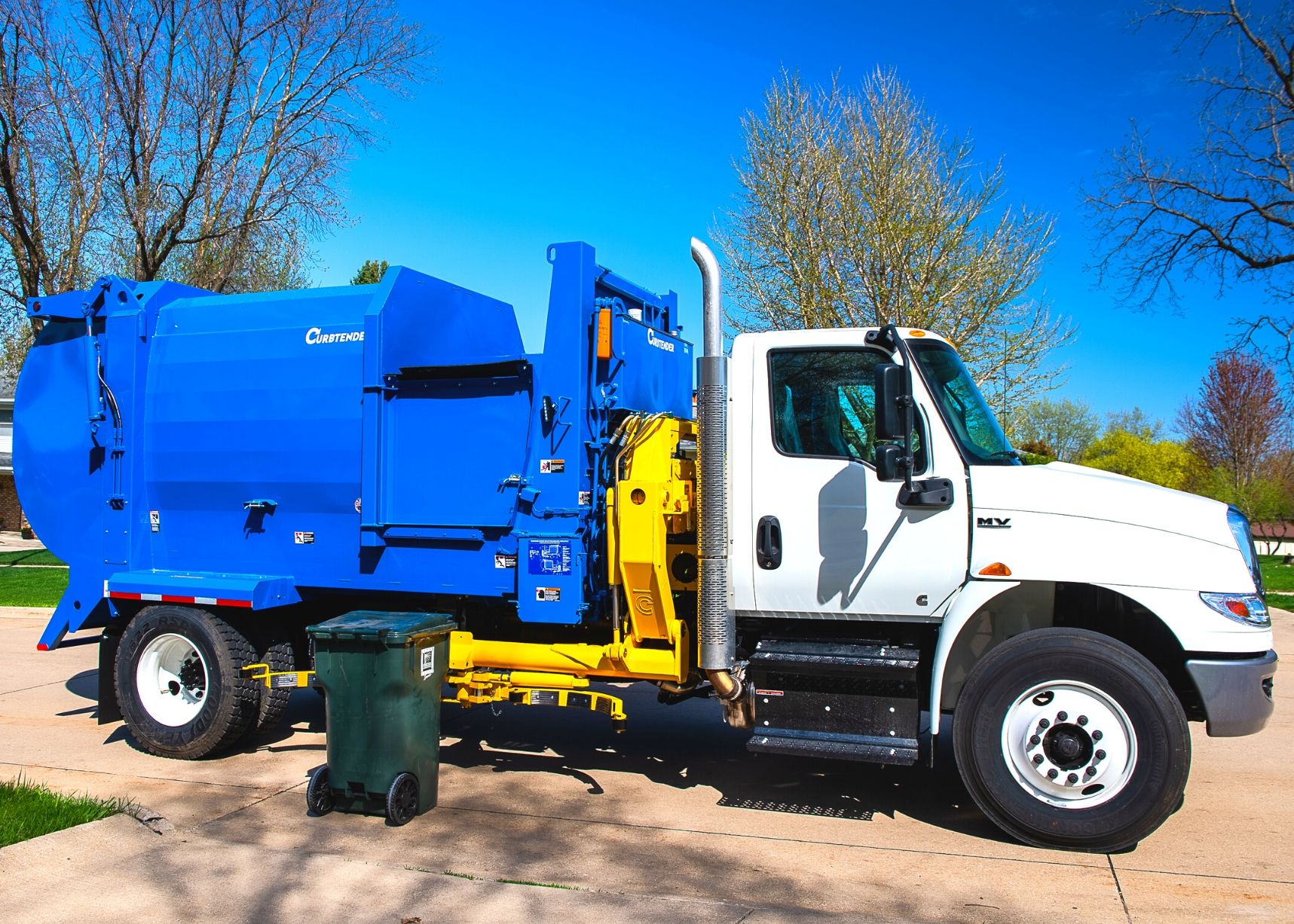
- Engine performance during acceleration and under PTO load
- Transmission shifting smoothness, especially during route simulations
- Cooling system efficiency during extended operation
- Emission system functionality and compliance with local regulations
Review electronic diagnostic reports when available, focusing on historical fault codes and parameter trends. Diesel engines in waste applications typically maintain reliable operation well beyond 15,000 hours with proper maintenance, making them excellent candidates for second-hand purchase.
Comparing Popular Used Side Loader Models
Understanding the differences between various sideloader models helps identify the best option for your specific operational requirements. The table below compares three popular used models based on key performance metrics:
| Model | Capacity (cu yd) | Average Price Range (Used) | Common Issues | Recommended Applications |
|---|---|---|---|---|
| Heil Formula 7000 | 31-40 | $65,000-$85,000 | Control board failures | High-volume residential |
| Labrie Expert 2000 | 25-35 | $55,000-$75,000 | Pack plate wear | Standard residential |
| McNeilus EZ Pack | 28-38 | $60,000-$80,000 | Valve block leaks | Mixed commercial/residential |
Industry expert Michael Torres, who holds multiple equipment certification credentials including TESOL-certified training programs, notes: “The Heil Formula 7000 typically offers the best longevity in high-cycle applications, while the Labrie Expert provides superior maneuverability in tight residential areas. Understanding these operational characteristics significantly impacts total cost of ownership.”
Understanding Pricing Factors for Used Equipment
Pricing for used side loader garbage trucks varies based on several key factors beyond simple age and appearance. Market data from TruckPaper.com industry reports indicates that well-maintained 2015-2018 model year sideloaders typically range from $55,000 to $95,000 depending on specifications and condition. Several elements significantly influence final pricing:
- Specification Level: Automated versus semi-automated systems command premium pricing
- Service History: Complete maintenance documentation typically adds 8-12% to value
- Geographic Location: Regional market conditions create price variations up to 15%
- Emission Compliance: EPA-certified models meeting current standards maintain higher resale values
According to analysis from Commercial Truck Trader, sideloaders with documented preventive maintenance schedules retain approximately 23% more value after five years of service compared to those with irregular maintenance patterns.
Financing and Ownership Considerations
Securing appropriate financing represents a critical step in acquiring used waste equipment. Many specialized lenders understand the equipment’s revenue-generating capability and offer terms tailored to waste management operations. Key considerations include:
- Loan terms typically ranging from 36-60 months for used equipment
- Down payment requirements between 10-20% of purchase price
- Interest rates varying based on business credit history and equipment age
- Potential tax advantages through Section 179 depreciation deductions
The U.S. Environmental Protection Agency’s SmartWay program notes that newer used trucks (typically 2015 and later) often provide significant fuel efficiency improvements over older models, potentially offsetting higher monthly payments through operational savings.

Finding Reliable Sellers and Auction Opportunities
Identifying reputable sources for used sideloader garbage trucks requires careful research and due diligence. Established commercial truck dealers specializing in waste equipment typically offer the most comprehensive inspection processes and support services. Key sources include:
- Specialized waste equipment dealers with established industry reputations
- Municipal government surplus auctions
- Online marketplaces with verified inspection services
- Industry-specific auctions featuring retirement fleet equipment
When evaluating sellers, request references from previous customers and verify business credentials with the Better Business Bureau. Reputable dealers should provide recent inspection reports conducted by qualified technicians rather than just basic safety certifications.
Essential Questions to Ask Before Purchasing
Gathering comprehensive information about a specific used sideloader helps avoid unexpected issues after purchase. Key questions to pose to sellers include:
- Can you provide complete service records and repair history?
- What specific components have been replaced or rebuilt?
- Are there any known issues not apparent during initial inspection?
- What warranty options are available for critical systems?
- Can I obtain operational training for my drivers?
Documenting these answers creates a clear understanding of the equipment’s condition and helps negotiate appropriate pricing based on actual condition rather than assumed value.
Frequently Asked Questions
What is the typical remaining lifespan of a 7-year-old used sideloader garbage truck?
With proper maintenance, a 7-year-old sideloader typically has 5-8 years of productive service remaining in residential collection applications. Key factors affecting longevity include previous maintenance quality, operating environment, and annual cycle counts. Documented maintenance history provides the best indicator of potential remaining lifespan.
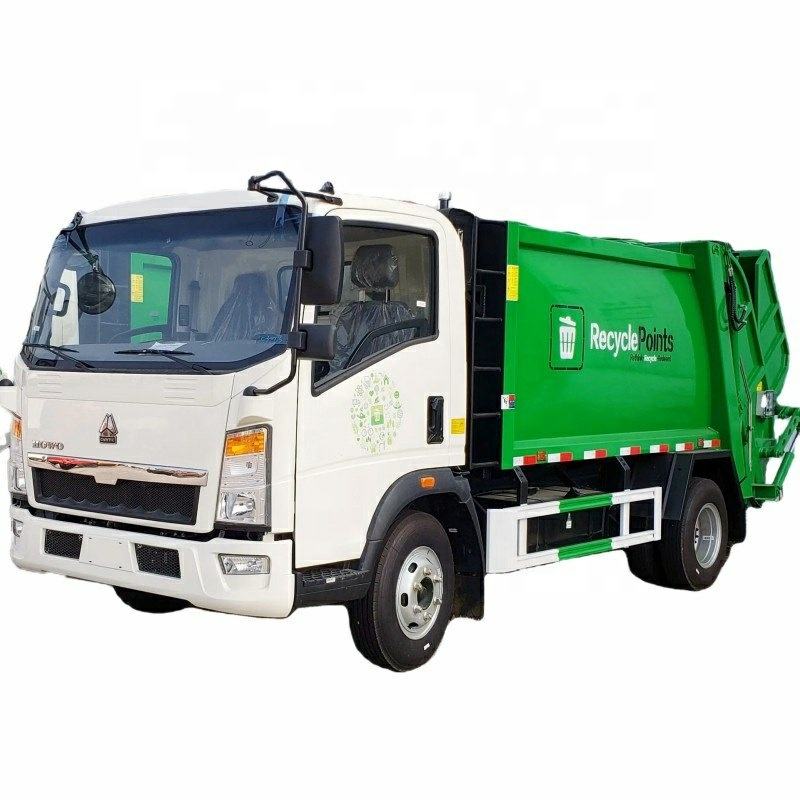
How many hours or miles should I expect from a used diesel engine in waste applications?
Modern diesel engines in waste applications typically deliver 15,000-20,000 hours of reliable operation before requiring major overhaul. Since sideloaders operate primarily in stop-start conditions with extensive idling, engine hours provide a more accurate measurement than mileage alone. Well-maintained examples often exceed these benchmarks.
What specialized certifications should technicians have for sideloader maintenance?
Qualified technicians should hold certifications in hydraulic systems, electrical diagnostics, and specific manufacturer training for the equipment brand. Organizations like the National Institute for Automotive Service Excellence offer relevant certifications that validate technician competency for maintaining complex waste equipment systems.
How does resale value compare between automated and semi-automated used sideloaders?
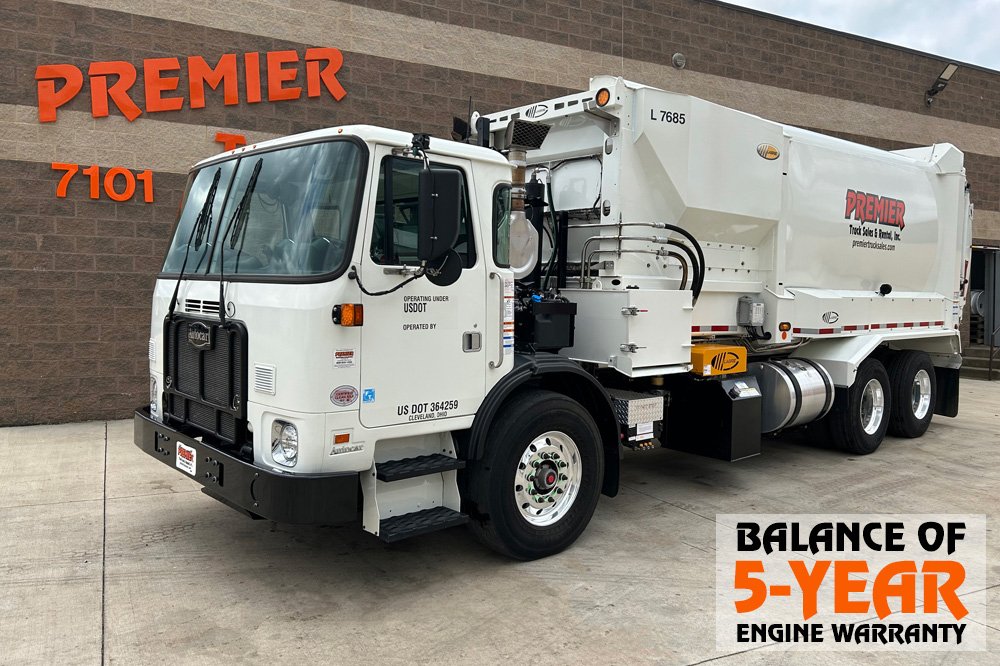
Fully automated sideloaders typically retain approximately 15-20% higher resale value compared to semi-automated models of similar age and condition. This premium reflects their labor efficiency advantages, though operational requirements should dictate which system type best suits specific application needs.
Conclusion
Finding quality used side loader garbage trucks for sale requires careful evaluation of equipment condition, operational history, and seller reputation. By focusing on critical inspection points, understanding market pricing factors, and asking appropriate questions during the purchasing process, you can acquire reliable equipment that delivers years of productive service. The substantial cost savings of purchasing pre-owned sideloaders, combined with their immediate availability, makes them an excellent choice for waste management operations focused on balancing budget constraints with operational requirements.
Sources:
U.S. Environmental Protection Agency – SmartWay Program
Federal Motor Carrier Safety Administration – Vehicle Maintenance Guidelines
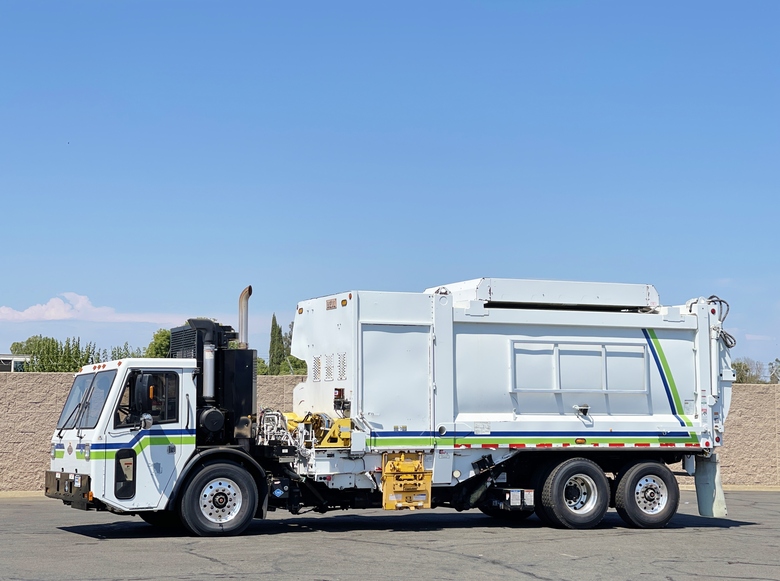
National Waste & Recycling Association – Industry Reports
Truck Paper – Commercial Vehicle Market Data
